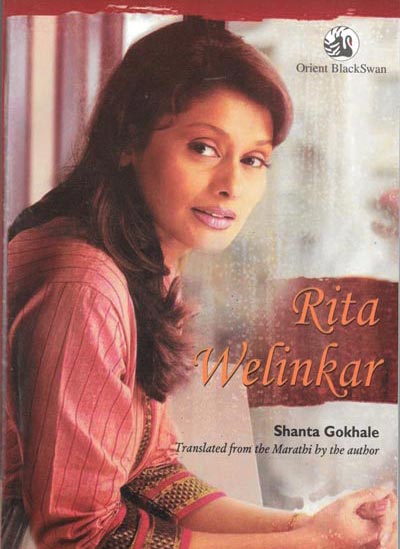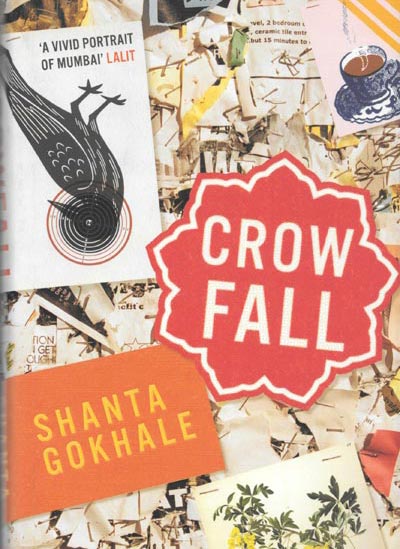theatre scholarship
Ed. The Scenes We Made : An Oral History of Experimental Theatre in Mumbai (Speaking Tiger, 2016)
This book is a story of the people who drove experimental theatre in Mumbai for over five decades, told through their voices and recollections. Some of the people are Shyam Benegal, Gerson da Cunha, G. P Deshpande, Sulabha Deshpande, Satyadev Dubey, Girish Karnad, Alyque Padamsee, Alaknanda Samarth, Sunil Shanbag, Naseeruddin Shah and Ratna Pathak-Shah. This is also the story of three spaces in the city which provided the physical and creative environment necessary for theatre to flourish. They are the Bhulabhai Desai Memorial Institute, Walchand Terrace and Chhabildas Hall, where plays like Miss Julie, Band Darwaze, Hayavadana, Uddhwasta Dharmashala and Aadhe Adhure were rehearsed and performed.



